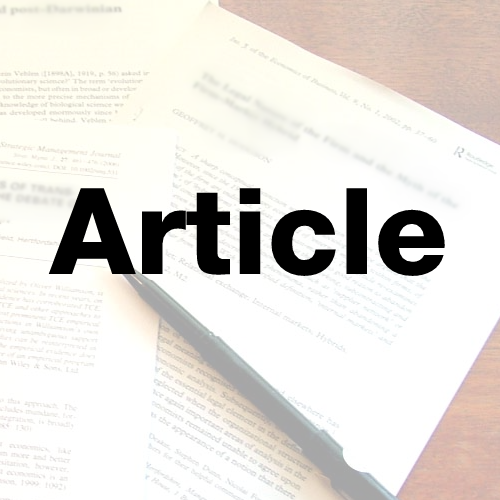Description
Phil Jump considers that the consequences of the vote to leave the EU are not as serious as imagined, but suggests that the church has a function to provide a vision for the forward process. However, there are worries that the prophetic function of the EU will be lost, along with initiatives to rebuild the northern UK economy.
I am no expert, but I sense that the consequences of Britain’s decision to leave the EU are nowhere near as serious as many are making them out to be. I would equally argue that had we decided to remain, the outcome would have been nowhere near as catastrophic or indeed utopian as many sought to maintain.
It was incumbent upon advocates of both sides of the referendum debate to devise sufficiently compelling narratives to convince a largely undecided and bewildered electorate, to ascribe to their cause – and narratives aplenty seem to have been the consequence. Within the EU, Britain was portrayed as being in the helpless grip of a bureaucratic, unelected conspiracy that undermined our sovereignty, wasted our finances and left us helplessly over-run by an ever-growing mass of undesirables, whose only purpose in being here was to drain our welfare system of its last penny. Outside of it, we were doomed to economic catastrophe, burdensome trade barriers and a complete abandonment of every principle of social justice that has prevailed on the continent for the last four decades.
It is true that Brexit has launched us into a somewhat un-anticipated era of uncertainty, but I would argue this is more the aftermath of the debate itself than the reality it has created. I say this not to be flippant or dismissive, but I sense that many of the concerns that prevail are an expression of the possible rather than the inevitable. Whether or not they come to pass is a matter of choice and political will, both in terms of the potential benefits and disadvantages of life outside of the EU. What is certainly true is that we have reached a moment in history where the shape and direction of our nation’s political identity is up for grabs, which in turn raises questions for the Church about her role in influencing and enabling that forward process. I sense that in particular, people of faith have two potential roles: one is to name reality and the other is to offer a vision of society that embraces those values and priorities that we see as essential to human flourishing.
I have been asked to explore this from the particular perspective of my native north of England, which is of particular interest given that one observation is that (excepting Scotland), the referendum has revealed something of a north-south divide. I am though something of a rarity, in that I live in one of the few northern “constituencies” that voted to remain – made all the rarer by the fact that it does not include a major city centre. There is a serious point to be made here; I believe that one of those realities is that Britain is not as divided as some are making it out to be. For the majority of areas, it…





